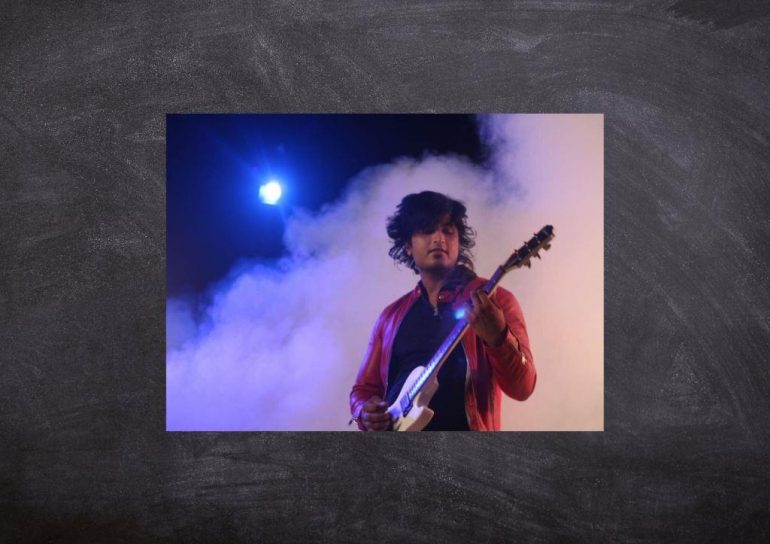- Why did you want to write a book on music theory?
It provides insight into why certain music sounds good (or doesn’t). It helps you understand the sounds you already know, by giving names to them, explaining how they’re constructed, and by giving you a systematic way of thinking about music. It’s descriptive, not prescriptive. Think of it like language.
- Music and writing, both are different forms of art with their own aesthetic, how did you find the experience of combining both in your book “Music Unlocked”?
The experience was really good because music is my forte. I have been in touch of music since I was in 8th class, so it is very easy for me to explain music and hacks. I am an engineer too so I know how students study books. I have been teaching since 5 years so I know which topic is necessary and which one is not. Because of these, I know all the interrelated topics in a proper manner that are required to write a book. It is like a layout or you can say blue print for music
- How proficient will learners be after they read this book and learn the basics?
After reading this book they will be able tell everything about the basics of music. This book will create and strengthen their base, and since this is a beginner’s guide they will be able to play any of the songs in an easy way- whether bollywood or western. The book also contains songs with basic chords as well.
- Can you describe the theory of music in a sentence and what do you like about it?
According to me music theory in a sentence means ‘flowing of notes’, if you know how the notes are following, what is the hierarchy of notes then theory becomes very easy. What is specifically like about music theory is that it is a navigational map of any instrument
- Since you have combined the basics of playing a Guitar, an Ukulele and a keyboard, do they have anything in common?
Guitar is 6 string instrument and Ukulele is 4… as you read my book it is clearly mentioned that in music everything revolves around 12 notes; so the technique for both is same. And a keyboard does not have any string but the technique of flowing of notes is the same.
- What about music inspires you the most leggi l’articolo completo?
Let me explain something about guitar playing- everyone’s got their own character, and that’s the thing that’s amazed me about guitar playing since the day I first picked it up. Everyone’s approach to what can come out of six strings is different, but it’s all valid. Every musician has their own style. I have written this book for students who want to learn music from basics and generate their own style.
- How important do you think learning the theory of music is?
Learning music theory sets students on the right path to understanding how music is written and how to interpret musical notes. When it comes to learning an instrument, music theory teaches and allows students to comprehend the importance of notation, keys, scales, intervals, pitch, melody, harmony, and more.
- You are a vocalist too, so do we have its influence in the book?
Vocalisation also depends on 12 notes, so to learn vocals you have to learn about notes- these notes are same for instruments and vocals too. This book is only for instruments there are no such vocals lessons in it.



